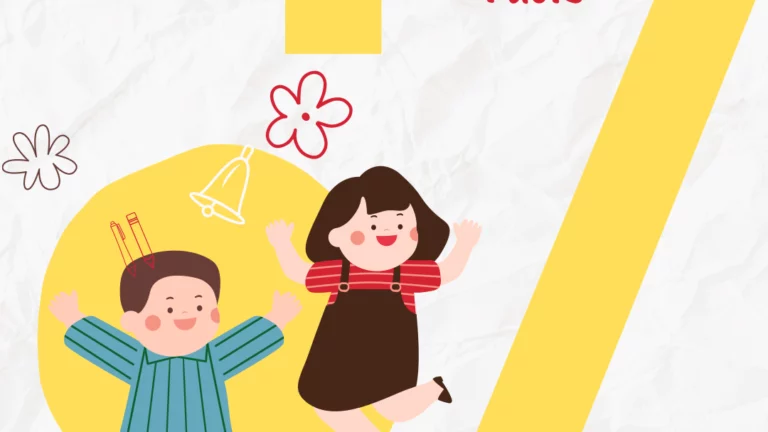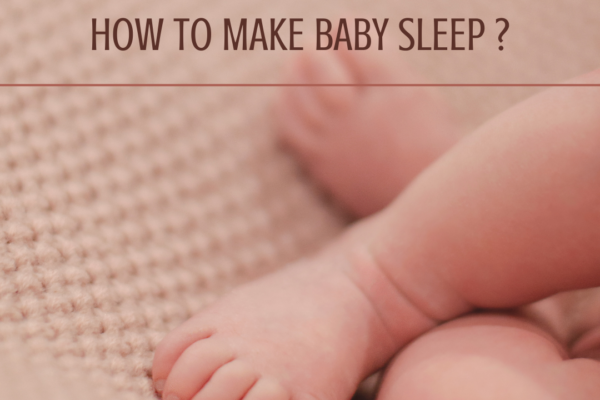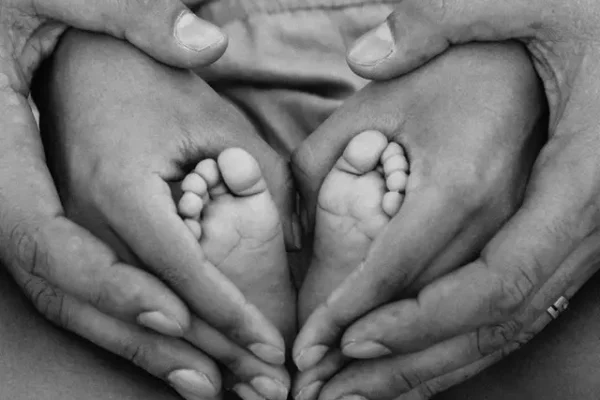The 7 facts you should know about children and babies are various facts that every parent should learn, which we encounter often but we are not sure of the reasons. Babies and children manage to be the center of attention of our lives from the day they are born. We find ourselves constantly paying attention to them, both because of their sweetness and because they are a part of us. The reason for this is the development of children and meeting their needs.
Babies and children may need learning, attention and trust in general during their developmental period. In this respect, meeting all these expectations by the parents is extremely important for the personal development of the children. However, there are points about children and babies that we do not know as much as we know. We have listed for you what you need to know about early childhood and infant development. Here are 7 facts you need to know about children and babies;
1- Children need a safe environment at the learning stage!
Children are constantly discovering new things during their developmental period. This is because they are curious and are just learning about the world. However, it is very important for children to be in a safe environment at this learning stage. Children who grow up and learn in a safe environment can improve themselves in a much shorter time, and they know no limits in exploring the world. Especially in the first 5 years of age, it is very important for children to reach their potential learning level and not to have problems in the next period.
2-Learning at a young age is very important for children.
The period in which the brain develops most rapidly in humans is generally in the first 10 years. As age progresses, the learning rate also decreases at certain rates. However, the period in which children develop the fastest and learn the easiest is the first two years. In general, the structure of the human brain is formed by 80 percent in the first 3 years.
3-Children’s gestures and facial expressions are an indication that they are communicating with you!
Children, and especially babies, prefer different communication methods when they cannot fully learn to speak. In this direction, it is possible for children’s every movement to tell different things. For example, thumb sucking in babies may indicate that they are hungry. There is a large number of movements in this ratio in both children and infants. In this way, it is possible to communicate with children by paying attention to gestures, facial expressions and movements.
4-Repetition of babies’ sounds is a communication method.
There are many ways to communicate with babies who can’t speak. At the same time, it is necessary to support them in learning communication during this period. Today, the phenomenon of imitating the sounds of babies, which is frequently made by parents, is generally considered the beginning of a communication with children.
5-Child development is first supported at home.
Children’s development is extremely important at any age. Children generally take their first steps in terms of personal development during pre-school or kindergarten periods. However, the development of children is supported at home, especially in these periods and in previous periods. While the creative games played with children at home develop their imagination, various learning tendencies continue at home. Children are aware of what is going on around them from the first month they are born. Therefore, education for the personal development of the child should first start at home. Body Safety Education can be given as an example of these educations.
6-Children are always curious!
In our daily life, we see that children often ask questions about their environment. This is because children are curious. Children want to observe and learn about their environment from an early age. The questions of children who are curious about their environment allow them to explore the world.
7-Babies learn about their environment from the first time.
Learning applies not only to childhood, but also to infancy. Babies who see and hear their surroundings recognize their mothers and fathers and try to understand them. Learning that starts from infancy continues in childhood.7 Facts You Should Know About Children and Babies. 7 facts that everyone should know about child development, babies and children.


